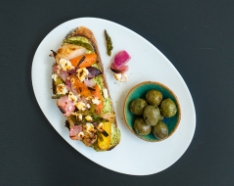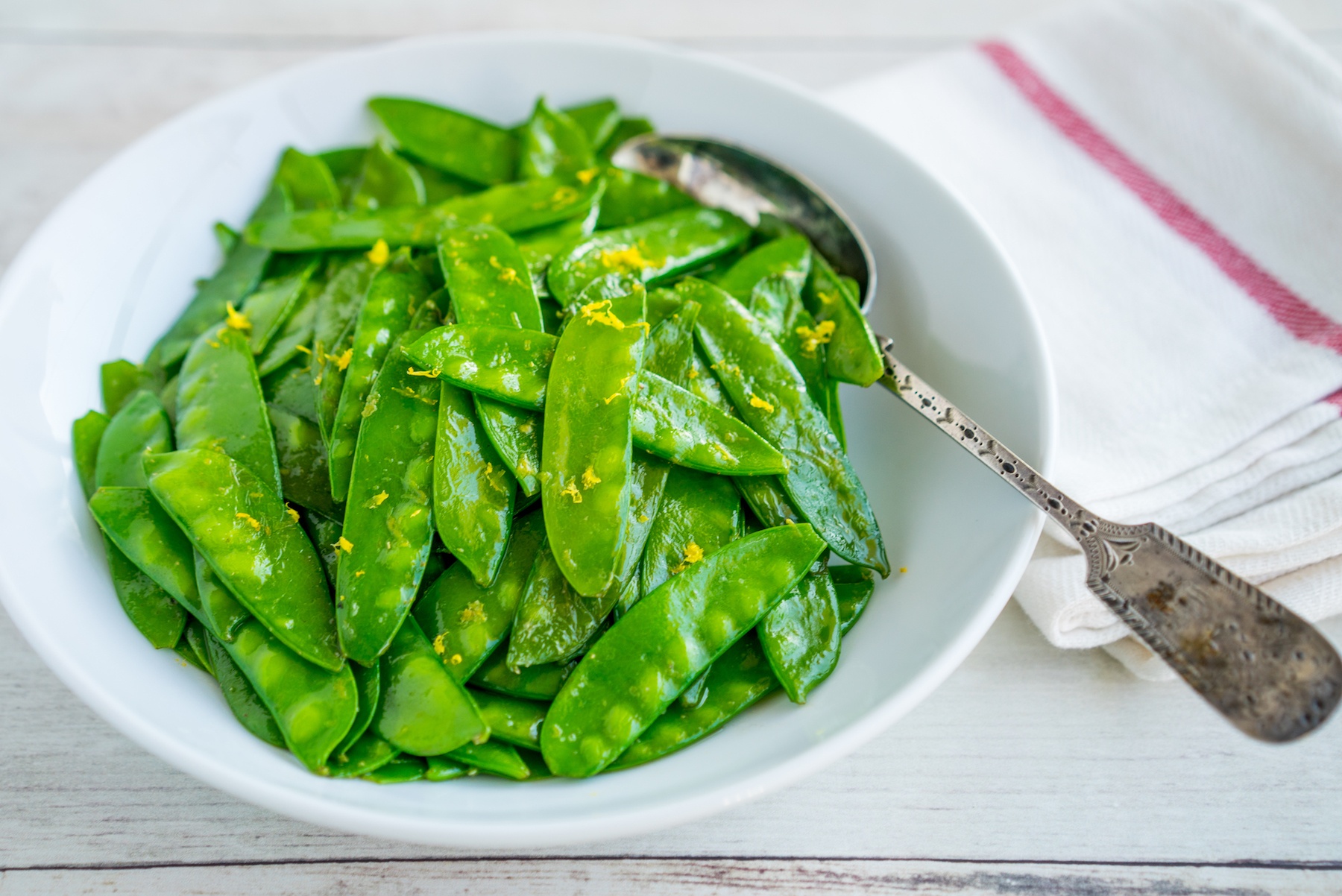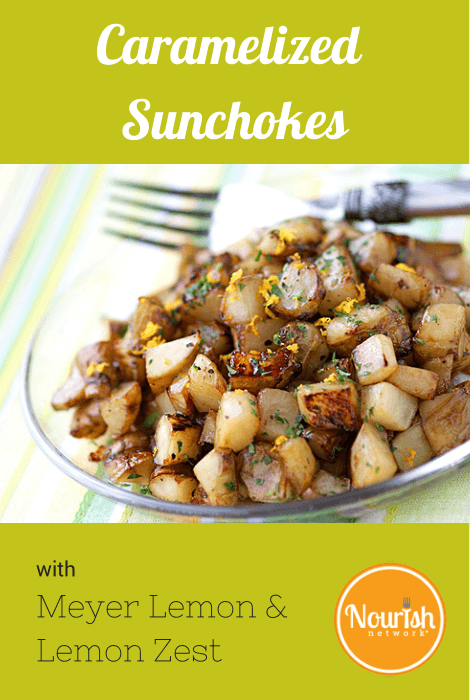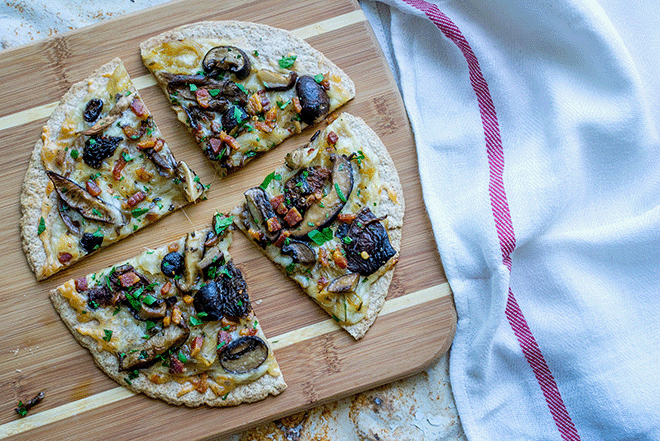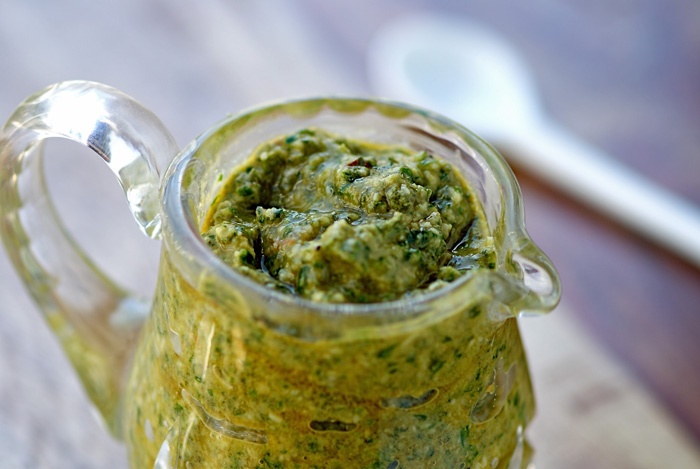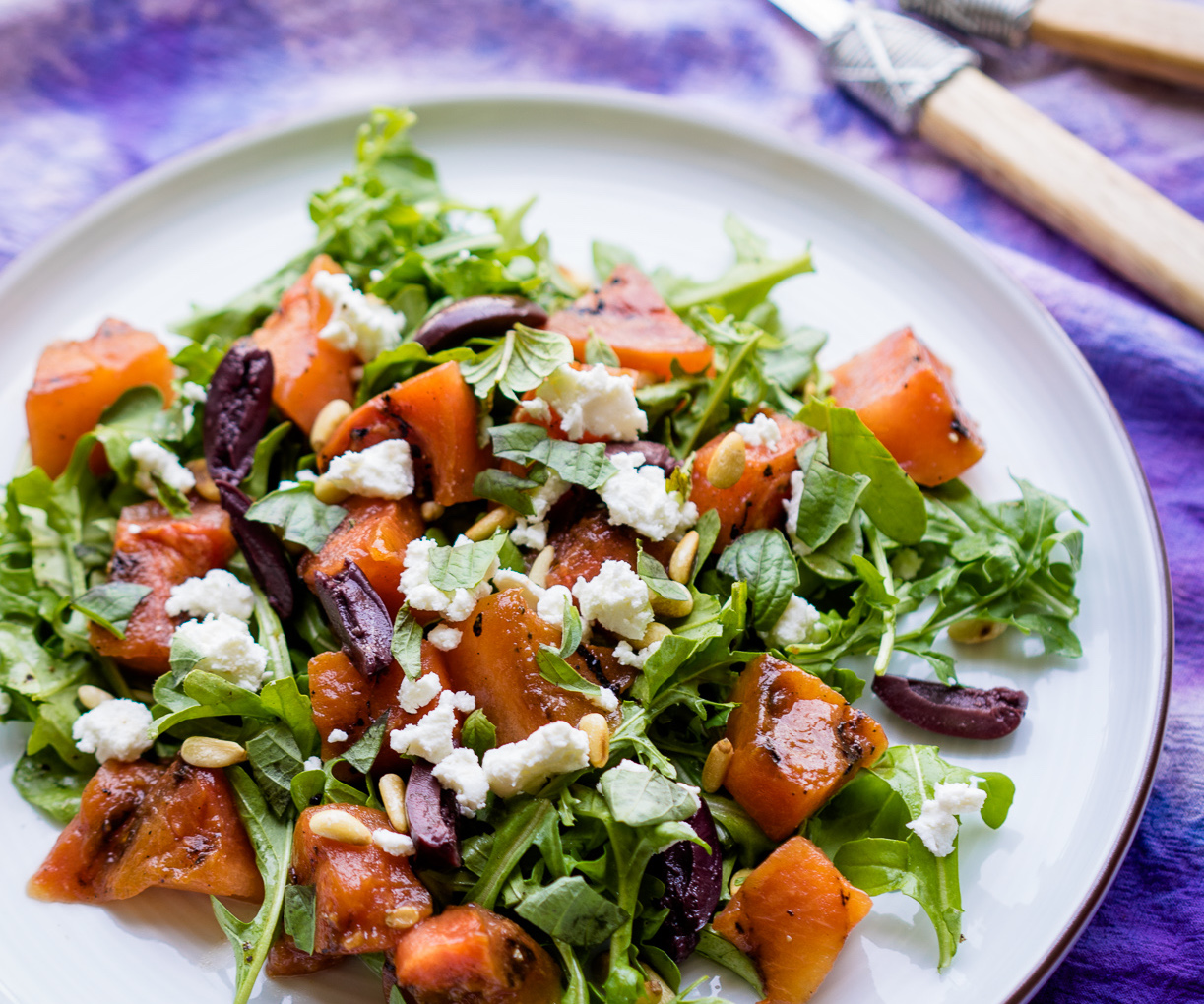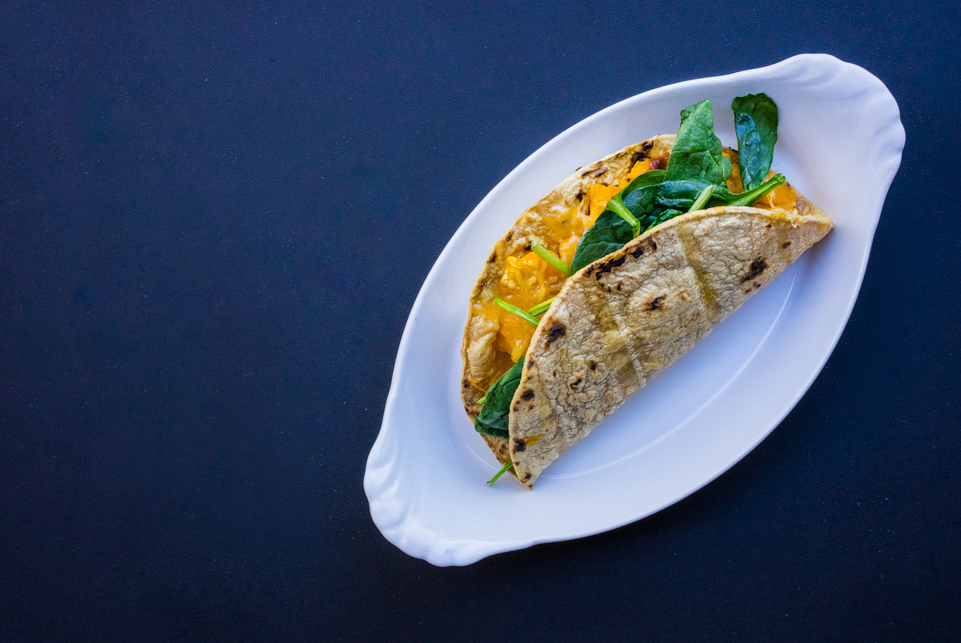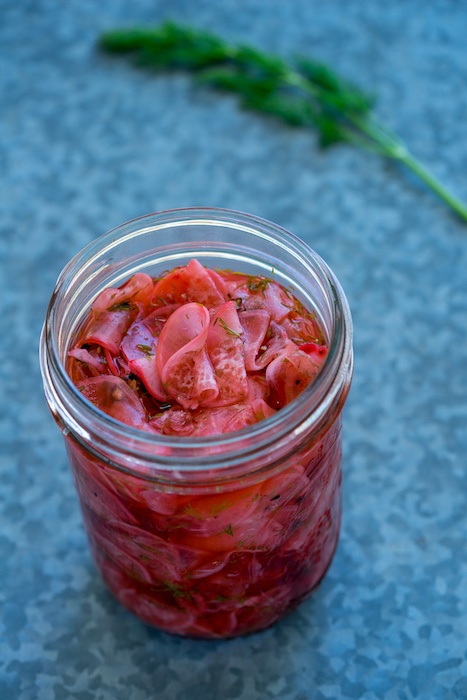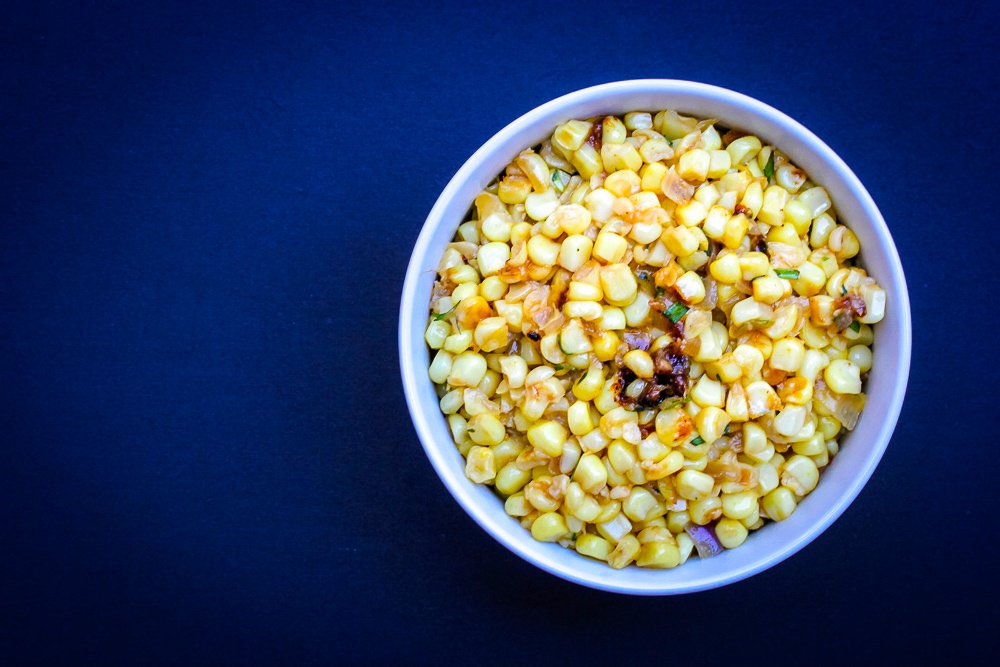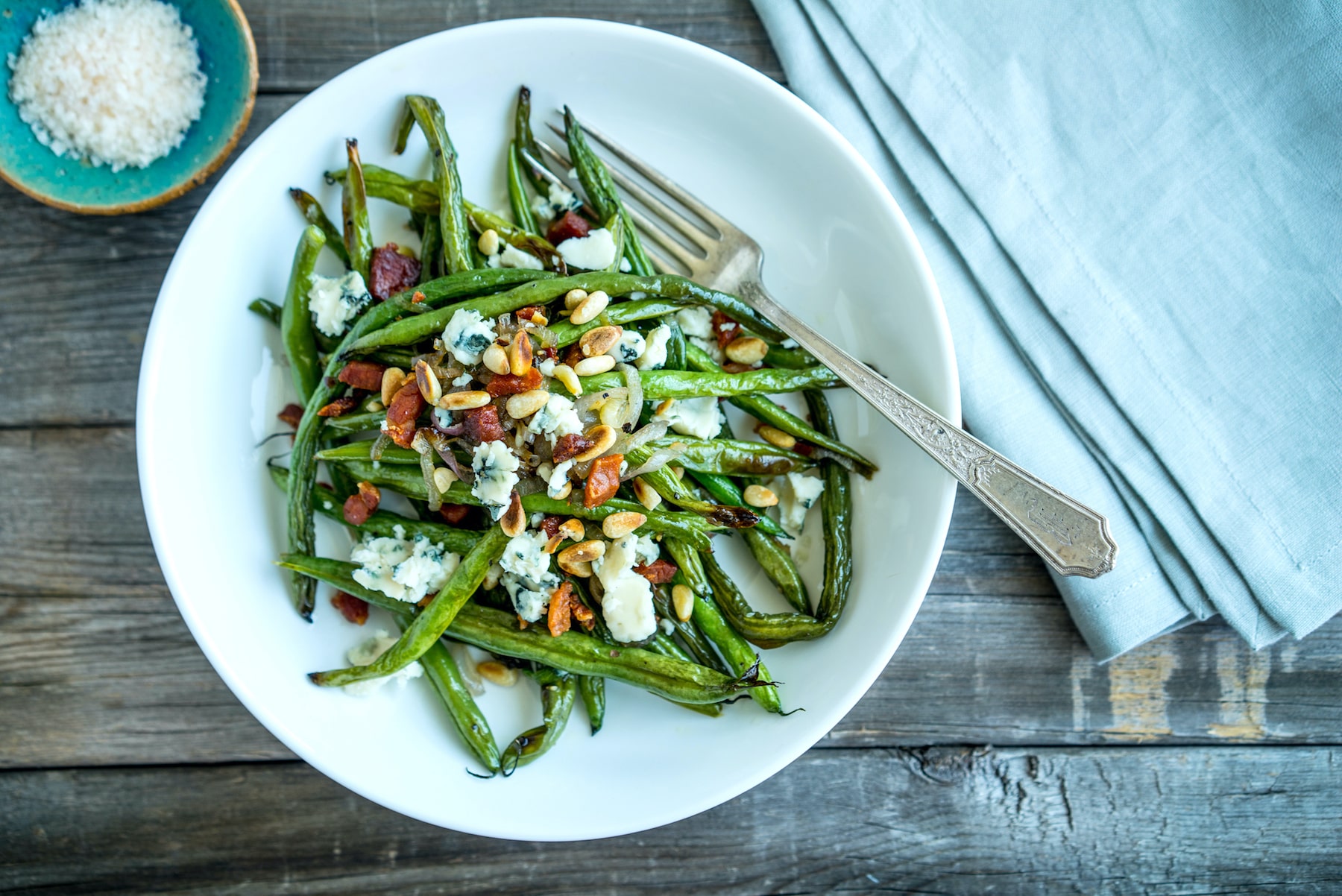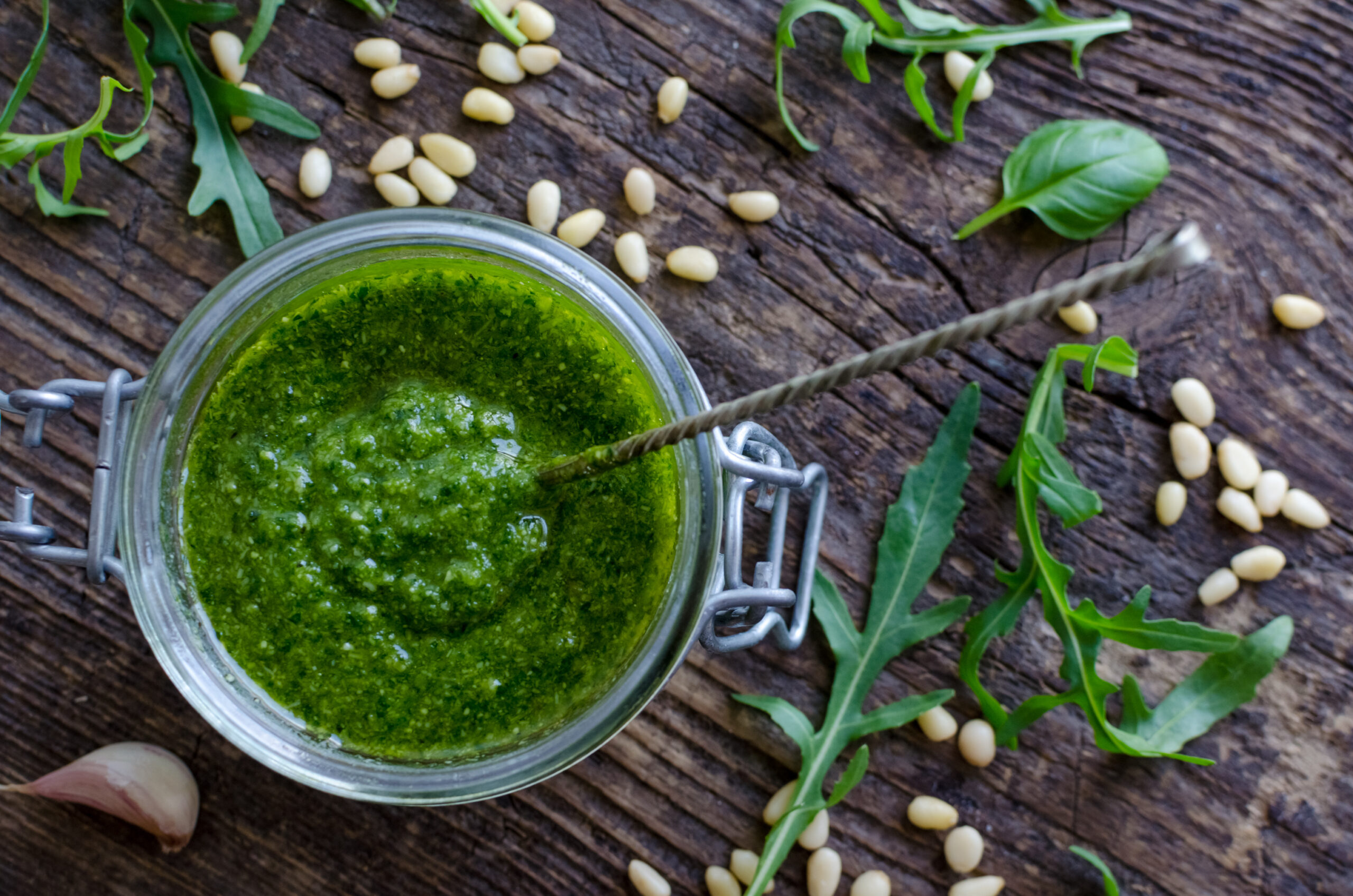If you explored the 3,500 exhibitors lining the crowded aisles at the recent Natural Products Expo West, you might have been impressed by the incredible diversity in the organic and natural foods market. Indeed, there were many independent companies and new players looking for retailers to pick up their products.
 The country’s biggest industrial food processors were well represented, too, even if it wasn’t always obvious. General Mills was there (Cascadian Farm and Muir Glen). So were Kellogg (Kashi and Morningstar Farms), Kraft (Boca Foods), Coca-Cola (Honest Tea), Pepsi (Naked Juice) and M&M/Mars (Seeds of Change), to name a few others.
The country’s biggest industrial food processors were well represented, too, even if it wasn’t always obvious. General Mills was there (Cascadian Farm and Muir Glen). So were Kellogg (Kashi and Morningstar Farms), Kraft (Boca Foods), Coca-Cola (Honest Tea), Pepsi (Naked Juice) and M&M/Mars (Seeds of Change), to name a few others.
Of course, it’s no surprise that big food processors have gotten into the organic food business. It’s a fast-growing market. According to the latest figures from the Organic Trade Association (OTA), sales of organic food and beverages reached $24.8 billion in 2009. The heyday for big corporate acquisition of small organic producers was 1997-2007. At the same time, many processors rolled out organic versions of popular brands, while many of the country’s top food retailers commissioned the same manufacturers to produce private-label organic lines.
Does big corporate interest help or hinder organics?
“It depends on your values,” says Philip H. Howard, an assistant professor at Michigan State University, whose articles in academic journals have examined the consequences of consolidation in the organic food industry. “That’s the debate in the organic movement. Some people say that it’s so important to reduce the use of synthetic pesticides that we shouldn’t worry about who owns what. Others say it’s not just about pesticides, but our overall food system.”

Large players have made organic food more available and affordable. “It’s easier to find organic foods these days,” says Howard. “It’s literally everywhere now. And part of this is because big business has gotten involved.”
Mass market retailers (including supermarket chains, warehouse clubs and mass merchandisers like Wal-Mart and Target) now account for more than half of organic food sales. Natural retailers–a segment dominated by Whole Foods–make up another 38%.
“There are purists who believe organic is just for small entities,” says Christine Bushway, executive director of the OTA, which represents organic companies ranging from smaller independents like Alvarado St. Bakery to Kraft. “But the fact of the matter is that it’s a very, very fast-growing area because of consumer demand, and it takes some of the bigger players to meet that demand.”
Big corporations open up mainstream distribution channels for the smaller organic brands they own. Earlier this month, Coca-Cola completed its acquisition of Honest Tea, which produces a line of USDA-certified organic beverages. As Honest Tea’s “TeaEO” Seth Goldman explains in a video on the company’s website, Coke’s resources enable Honest Tea to reach a far bigger market and fulfill its mission to “democratize” organics.
But corporate consolidation of organics has some disadvantages, too.
Obscure Ownership
Honest Tea’s honesty about its affiliation with Coca-Cola is unique among organic companies with multinational corporate parents. Most opt for what Howard calls “stealth” ownership that makes it difficult for consumers to know if an organic brand is owned by a bigger corporation. For example, Muir Glen and Cascadian Farm are owned by Small Planet Foods, which in turn is owned by General Mills. But, you wouldn’t learn that from the products’ packaging or websites (though Small Planet does list the same P.O. box mailing address as General Mills, which you’d discover when you went to General Mills’ site).
Many organic companies hide their big corporate ties because they know their customers don’t trust the integrity of Big Food. Howard notes that Whole Foods refused to carry Tyson’s organic chicken line because the retailer thought customers wouldn’t buy a product made by a conventional meat processing giant. When I posted Goldman’s video on our Facebook page, commenters were skeptical about Coke’s ownership of Honest Tea. Other shoppers, especially those committed to the social responsibility roots of the organics movement, may be reluctant to buy organic products that support multinational food giants that have no qualms about pursuing less planet-friendly practices (like using GMOs) in other brands.
Fewer options
“Stealth” ownership also creates what Howard calls “pseudo-diversity” in organics. That means consumers to think there are more alternatives to Big Food than really exist.
Corporate consolidation also makes it more challenging for independent organic companies to reach customers. “Distribution has become so consolidated. If you’re a new, smaller independent company, it’s much harder to get national distribution,” says Howard. Aligning with a major corporation can make a huge difference. When Honest Tea partnered with Coke, they quadrupled their distribution outlets.
Weaker Standards
“Whether it’s Coca-Cola or a little farmer with seven cows, they have to follow the [USDA] National Organic Program,” says Bushway. “[Size] doesn’t really matter.”
Or does it? Howard’s research indicates that as large food processors have entered organics, they’ve also successfully lobbied to lower those standards. Some examples he cites are increasing numbers of feedlot-scale organic dairies operated by Horizon (owned by Dean Foods); in 2007, the USDA began allowing nonorganic “minor” ingredients (up to 5%) in organic processed foods.
Under corporate ownership, some subsidiaries maintain their commitment to organics (such as Cascadian Farm or Muir Glen), others quietly abandon organics in favor of the virtually meaningless “natural” claim. Howard points to another Coca-Cola brand, Odwalla, as one example. Another is Silk, which under WhiteWave (Dean Foods), now offers just four organic products in its extensive line.
What You Can Do

“Those cases show you have to be pretty vigilant,” says Howard. Even if ownership isn't an issue for you, it still pays to double-check the labels of your favorite products when you grab them off the grocery shelf to be sure that organic seal is still there.
If you prefer to support independent companies, there are still some large independent organic brands, including Eden Foods, Bob’s Red Mill, Lundberg Family Farms, Organic Valley and others.
If you want to keep an eye on the ownership of your favorite brands, bookmark GoodGuide, a site that rates companies and products based on health, the environment and social responsibility. They also include corporate ownership information, and have a free iPhone app so you can check products when you’re shopping.[/fusion_builder_column]
